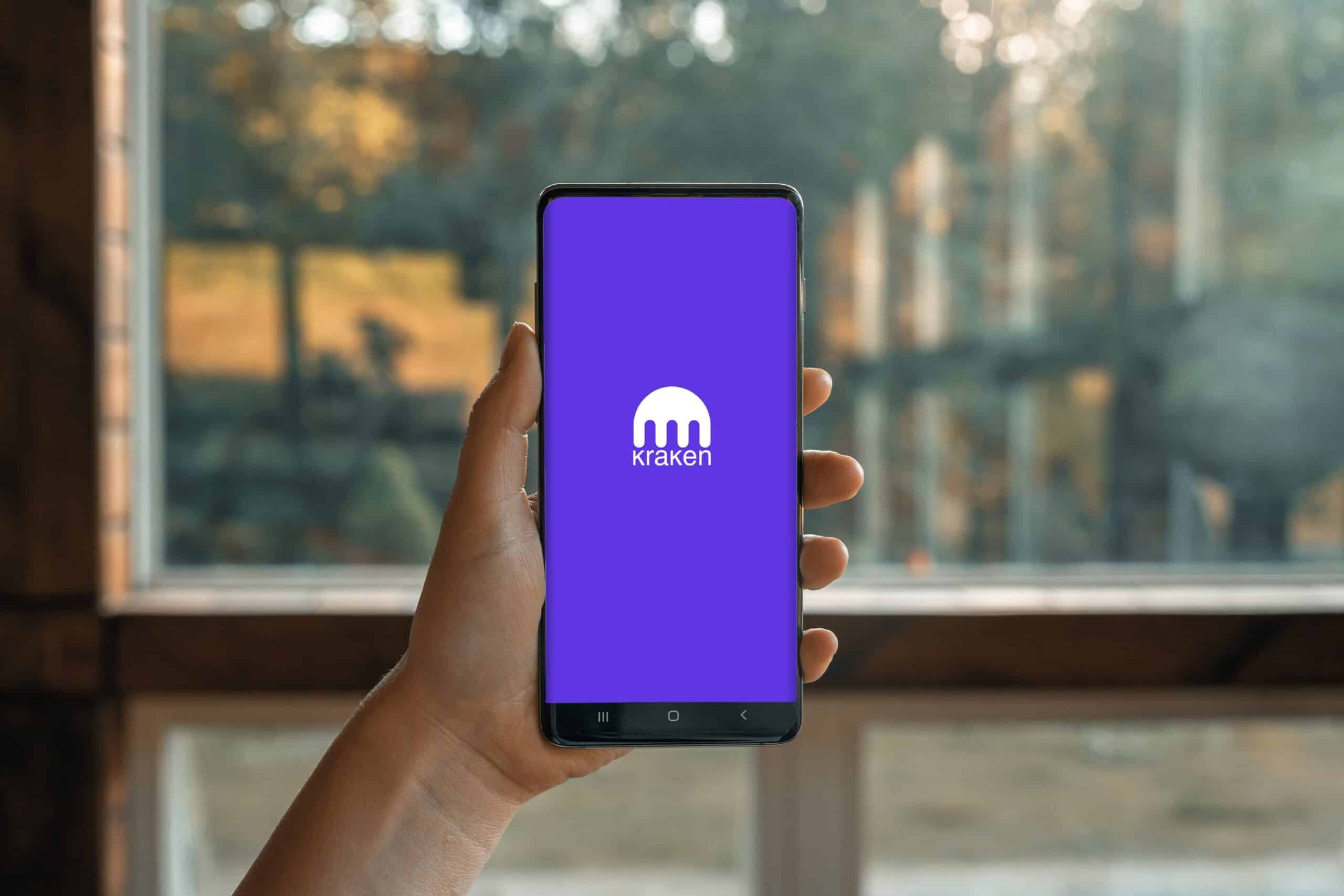Crypto exchange Kraken appears to be following the footsteps of its rival Coinbase with plans to launch its own Layer 2 blockchain.
According to a Monday report from CoinDesk, Kraken is in talks with blockchain technology firms, including Polygon, Matter Labs and Nil Foundation, to build out the network.
Sources who asked not to be identified told the publication that conversations around the exchange’s effort were still ongoing, and they were yet to be made public.
“We’re always looking to identify and solve for new industry challenges and opportunities. We don’t have anything further to share at this time,” a Kraken spokesperson told CoinDesk.
Earlier this year, Coinbase launched a Layer 2 network Base using OP Labs’ tech stack – the same codebase that the Optimism chain is built on. It is fair to say that Base has quickly risen the ranks in the Layer 2 ecosystem, and now commands the third spot after OP Mainnet and Arbitrum One, with $574 million in value locked.
Optimism, Arbitrrum and Base all utilize Optimistic Rollup technology, which are Layer 2 protocols designed to scale Ethereum by taking computation and state storage off-chain, processing transactions in batches. Optimistic Rollups rely on fraud proofs, which assume that transaction data submitted is correct and valid until proven otherwise.
Meanwhile, existing Layer 2 solutions from Polygon, Matter Labs and Nil Foundation are zero-knowledge (ZK) proof solutions, which also aim to scale Ethereum, but rely on validity proofs for individual transactions.
Although it is too early to tell which network Kraken will likely partner with, if it does intend to launch a Layer 2 network with the firms under consideration, it will likely be based on ZK technology.
A look at the Layer 2 market in its current state shows that Optimistic Rollups command most of the share – something that could come down to the fact that the architecture behind them is relatively less complex than ZK-based alternatives.
In the long run, however, some have opined that ZK Rollups will prevail, particularly if they are Ethereum Virtual Machine (EVM) compatible, because of their ability to eliminate waiting periods for transaction validity.
“My opinion is that in the long run, ZK-Rollup will eventually beat Optimistic Rollup because they have basic advantages like users don’t need to wait 7 days for a withdrawal,” said Ethereum cofounder Vitalik Buterin at an event in Seoul last year.



